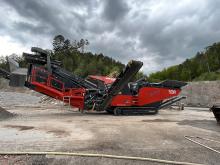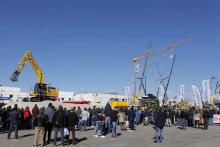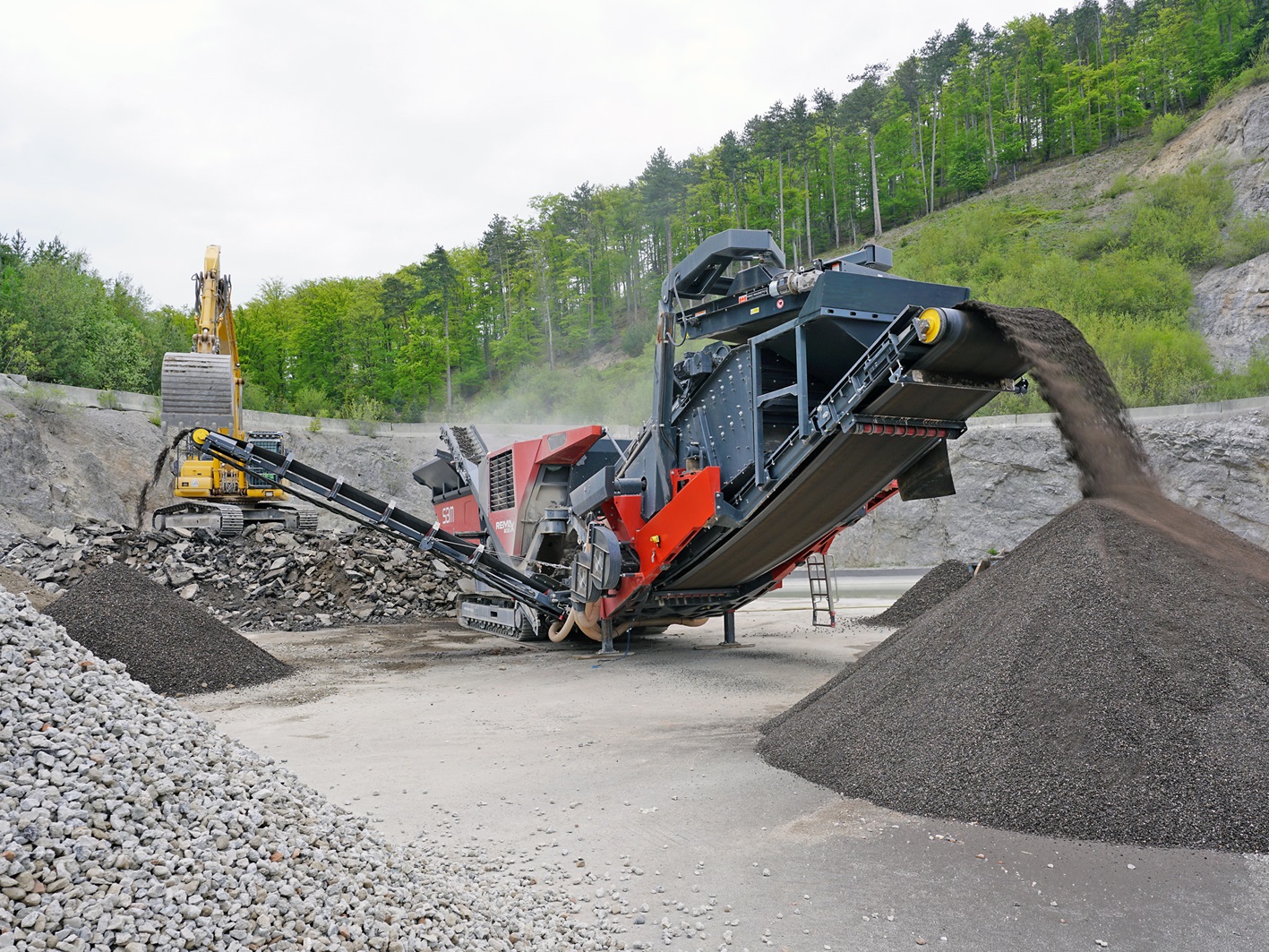
The Austrian aggregates processing specialist focused on the benefits of fully hybrid processing. The spotlight was on the REMAX 600 tracked heavy-duty impact crusher, celebrating its official UK market launch.
"Despite the currently rather subdued mood in the UK market, which was probably also reflected in the strongly fluctuating visitor numbers during the three days of the show, we are satisfied with the overall result," says Helmut Haider, sales director processing at SBM. "In addition to international visitors, particularly from Scandinavia and occasionally from the Far East, we were able to welcome interested experts from all over the UK, from all target sectors and decision-making levels – including construction and recycling companies, project and quarry managers, as well as chief buyers from large building materials groups. This is a clear endorsement of our significantly increased market presence."
While recognising the work of existing partners Banner Equipment (Midlands, North/West England) and Orba Group (Greater London/South East England), SBM also signed a long-term agreement at the show with new dealer Fitzgerald Plant (Wales/South West England) to provide sales and service throughout England and Wales.
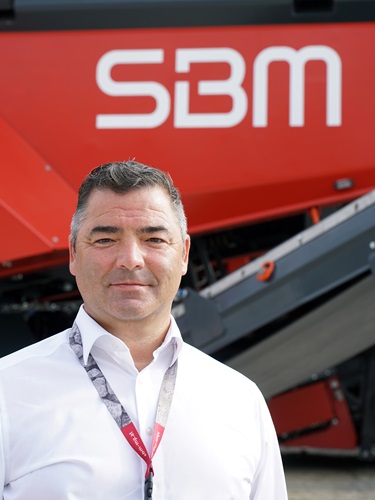
"The Scotland and Ireland markets are managed centrally from Austria, but we intend to establish a direct foothold in those countries soon. Talks with suitable partners are nearing completion," said Haider.
Diesel-electric and hybrid drives for mobile processing plants were dominant themes at Hillhead 2024. "For us, of course, this was something of a home game, as we have been offering this technology for more than 40 years,” said Haider. “Today we focus exclusively on highly efficient, environmentally friendly and, above all, mature hybrid solutions in all machine classes across all systems.”
Haider continued: "UK operators of mobile crushing plants in the quarrying and recycling sectors still rely predominantly on jaw crushers, often with downstream screening equipment. On the stand, we presented our 'all-rounder', the JAWMAX 450, which, with a weight of around 40 tonnes and a maximum throughput of 450 tonnes per hour, is aimed at precisely this wide range of applications.
Haider said that SBM had received a lot of praise for the user-friendliness of the CRUSH CONTROL system on its machines.
Furthermore, SBM’s REMAX impact crushers also attracted great interest at Hillhead, particularly the REMAX 600 on the SBM stand and the REMAX 450 with a single-deck secondary screen in the live demonstration zone. The latter nearly 53-tonne machine processed 1,500 tonnes of limestone from 0/800 to Type 1 0/40 in up to five short demos per day, achieving a maximum of 300 tonnes per hour with an average consumption of just under 25 litres per hour. "Our REMAX models are particularly popular with UK contract crushers and stationary operators with their combination of class-leading crusher sizes, well-dimensioned primary and secondary screens, optimised transport dimensions, and low operating costs. Our dealers also confirm this," said Haider.
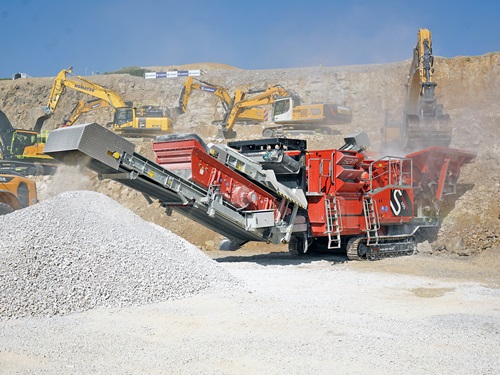
SBM’s REMAX 600 impact crusher has a maximum output of 600 tonnes per hour and can produce up to five end products in a single pass. "Of course, you don't sell a machine like this at a trade show - but we were actually surprised by the number and specific nature of the enquiries and expect the 600 to establish itself quickly in the UK market," said Haider.
There was also great interest at Hillhead 2024 in SBM’s ‘autonomous crusher’ being developed in partnership with experts from the University of Leoben, and based on the REMAX 600:
"We are well on schedule and currently optimising the AI-supported real-time detection and classification of feed material and crushed products as the basis for the fully automated crushing process. This process is continuously validated via a global data exchange with our central competence centre and automatically adjusted if necessary," explained Haider. “The technology is expected to be ready for market launch and use in other crusher classes as early as 2026. Thousands of stored rock and process data will make it easier to plan mobile operations, while extensive self-monitoring, including wear detection, will ensure plant availability. This technology is expected to set new standards in environmental efficiency thanks to the autonomous control concept that is consistently focused on quality and performance parameters.”




